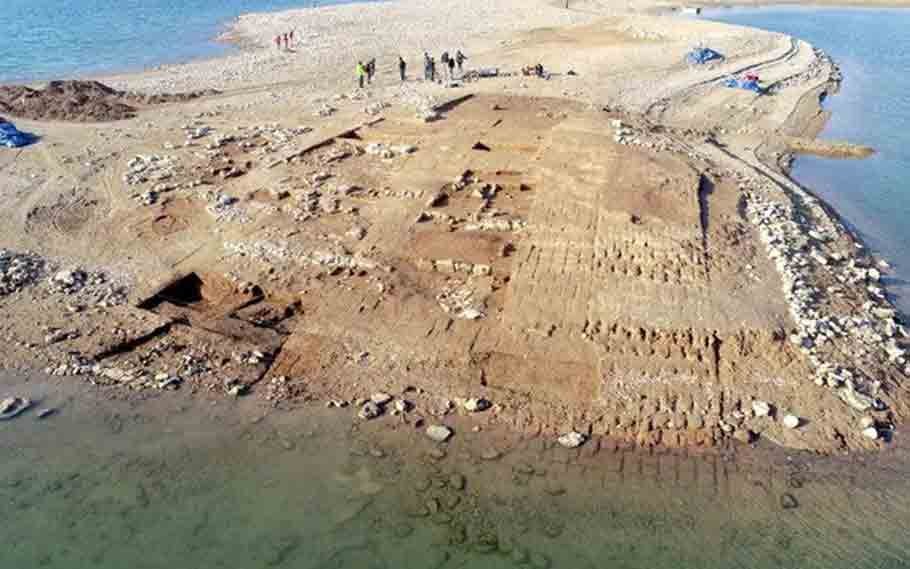An ancient city estimated to be around 3,400 years old has been discovered in the country’s Kurdistan region of Kemune, Iraq. The drought that has decreased the water levels in Iraq’s largest reservoir is the cause of its unexpected discovery.
The community, which is thought to date from the Bronze Age, was discovered after a section of the Tigris River dried out, allowing the ancient city to be excavated before the dam was re-filled.

The ancient city was a significant hub during the rule of the Mittani Empire
Moreover, this ancient city was presumably a significant hub during the rule of the Mittani Empire from 1550 BC to 1350 BC, according to a German and Kurdish team of archaeologists.

“Since the city was positioned immediately on the Tigris, it may have played an essential role in connecting the core region of the Mittani Empire, which was located in present-day northeastern Syria, with the empire’s eastern fringe,” stated Dr. Ivana Puljiz in a news statement.

Due to the rising water levels in the reservoir, the excavation was on a timer. “To avoid further damage to the important site by rising water, the excavated buildings were completely covered with tight-fitting plastic sheeting and covered with gravel fill as part of an extensive conservation project funded by the Gerda Henkel Foundation,” the university said in a press release.
During floods, this is done to protect the unbaked clay walls and any other treasures still buried in the ruins. The place is now entirely buried once more.”
Also Read: Giant Stone Jars of 400 BC ancient burial practices found in Assam










